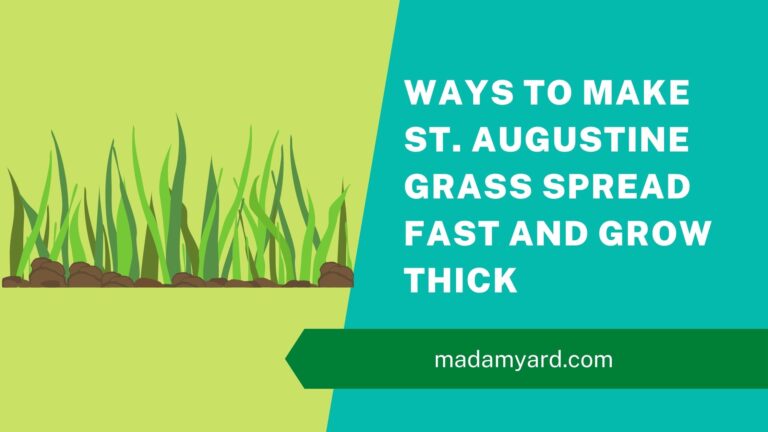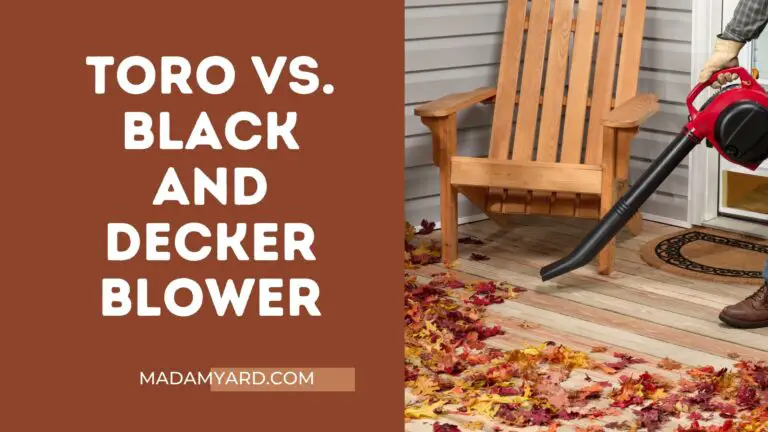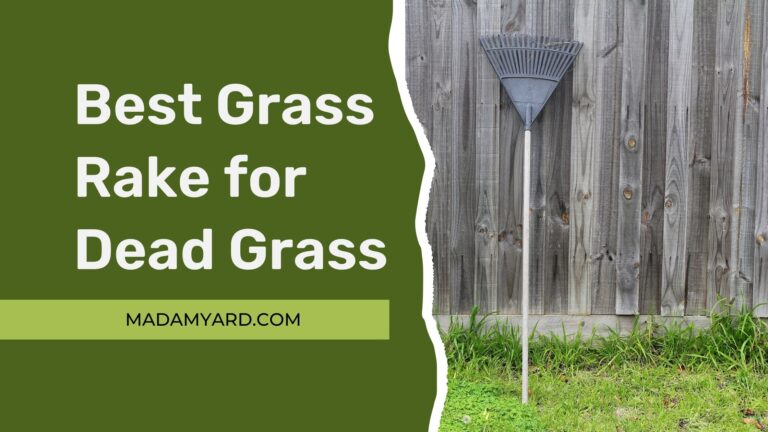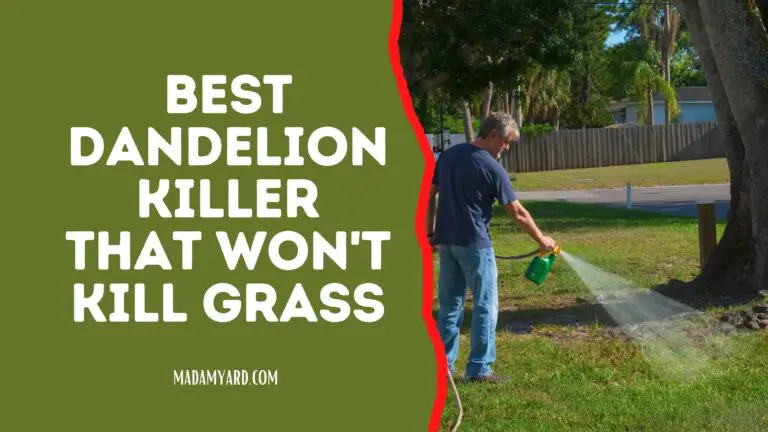How to Kill Weeds With Bleach?
Weeds are pesky plants that can grow anywhere and frequently. They can be challenging to get rid of. When getting rid of weeds, people use a few different methods. Some people use boiling water. Others use vinegar or salt. And then there are the people who use bleach. But will bleach kill weeds?
The answer is yes. It will kill weeds. But you have to be careful when using bleach because it can also harm other plants in your garden. If you’re using bleach, make sure you dilute it with water first. Otherwise, you could end up killing all of your plants.
This article will show you how to kill weeds with bleach.
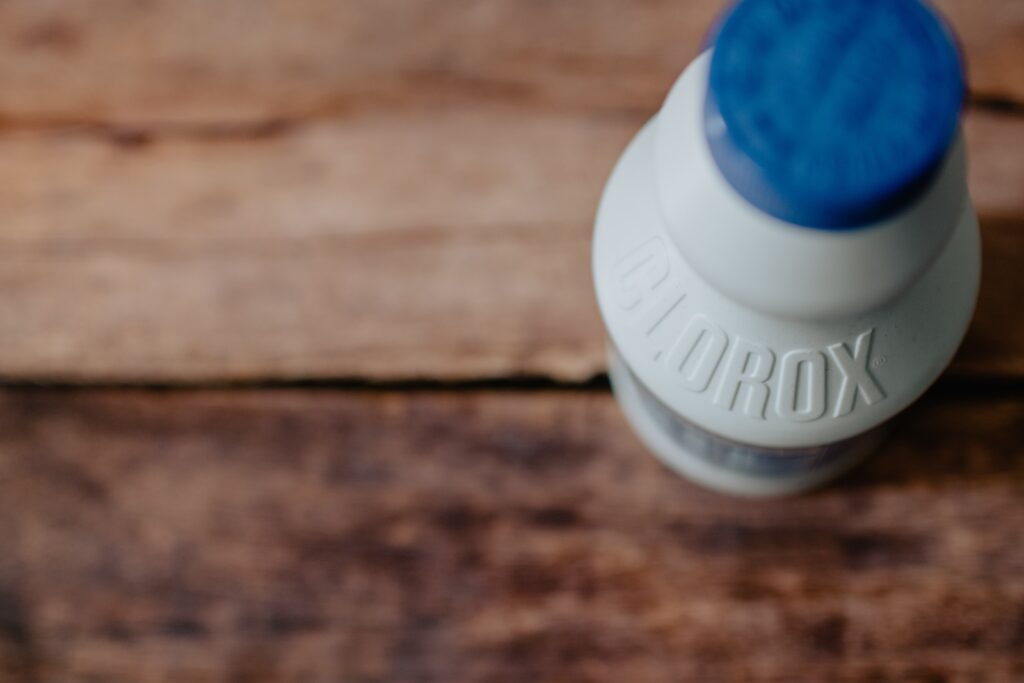
How long does it take for bleach to kill weeds?
Bleach is quite corrosive, and it will take 2-3 days for weeds to be eliminated entirely. Weeds will be turning brown, withering, and drooping due to the drought. In general, the higher the bleach concentration, the quicker it will kill weeds. Weeds that are actively growing will be destroyed faster than those that are dormant.
How effective is bleach at killing weeds?
Bleach is an effective weed killer when used correctly. The main ingredient in bleach, sodium hypochlorite, kills weeds by destroying the plant cells. When applied to a weed, the bleach will quickly kill the plant. Be sure to use bleach directly on the weed and avoid spraying it on surrounding plants, as bleach can be harmful to them.
Will straight bleach kill weeds?
Weeds growing through cracks in your walkway or driveway can be killed with straight or undiluted bleach. Spray undiluted bleach on the weeds and allow it to sit for a few minutes. Existing weeds will be killed, and new weeds will be prevented from sprouting due to the solution.
How to kill weeds with bleach?
Weeds are pesky plants that can grow anywhere in your garden, making it difficult for your desired plants to grow. You can use bleach for weed killer to help get rid of these unwanted plants. Bleach is a harsh chemical, so be sure to use it cautiously.
To kill weeds with bleach, you will need:
- 1 cup of water
- 1 cup of bleach
Mix the water and bleach together in a bucket or other container. Then, using a garden hose or spray bottle, apply the mixture directly to the weeds. Be sure to avoid getting the mix on any desirable plants, as it will kill them too.
The bleach weed killer should be effective within 24 hours. However, you will need to reapply if it rains or the weeds start to grow back.
Does bleach hurt grass?
Bleach is a popular household cleaner, but it can also kill weeds. Some people might wonder if bleach will hurt the grass in their yard. The answer is yes. Bleach can kill the grass.
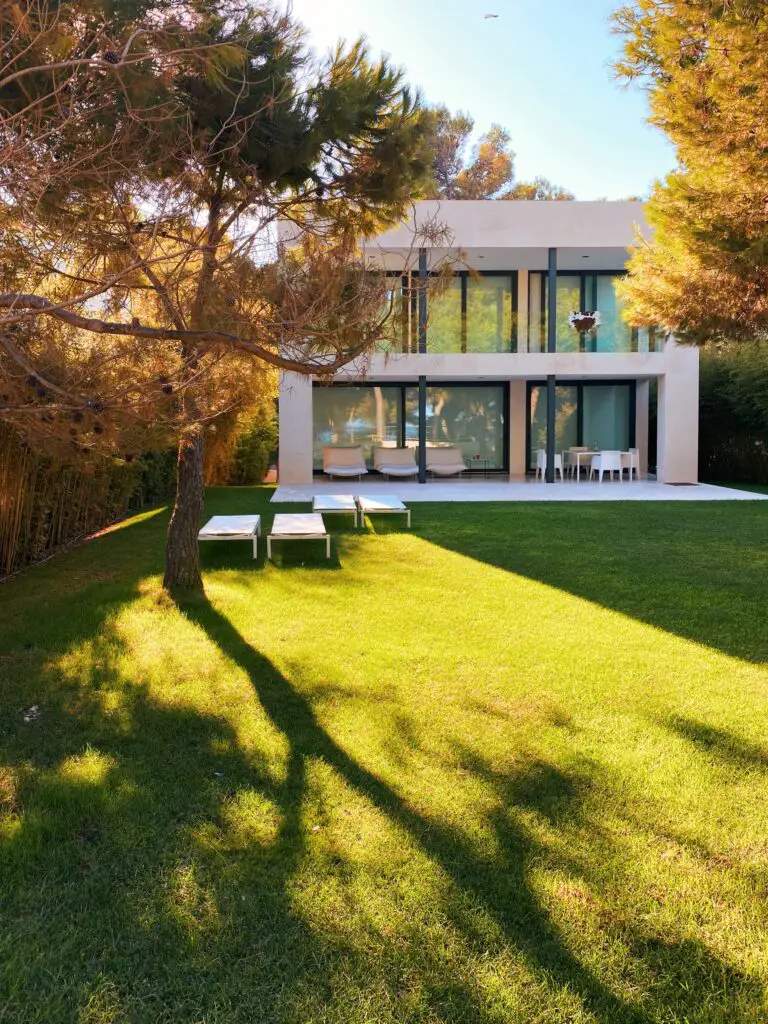
However, the amount of bleach required to kill grass may vary depending on the type of grass and the soil condition. In general, bleaching or over-fertilizing with nitrogen can cause the grass to die.
Does bleach kill weeds permanently?
Bleach does kill weeds, but it’s not always permanent. Weeds killed by bleach will usually stay dead for a few months, but they may grow back eventually. If you want to make sure your weeds remain gone for good, you’ll need to reapply bleach every few weeks.
Another downside to using bleach is that it can be harmful to plants and soil. It’s important to avoid getting bleach on nearby plants or in the soil around them, as it can damage or kill them.
How long does bleach stay in the soil?
Bleach will stay in the soil for a few days, but usually not more than a week. Because bleach contains chlorine, it has an acidic pH. When dumped into the soil, it decomposes and releases chlorine gas. Bleach can last for around 2 days when exposed to sunlight and moisture since it degrades and grows weaker and weaker.
Tips to Prevent Weeds in Driveways, Gravel or Rocks
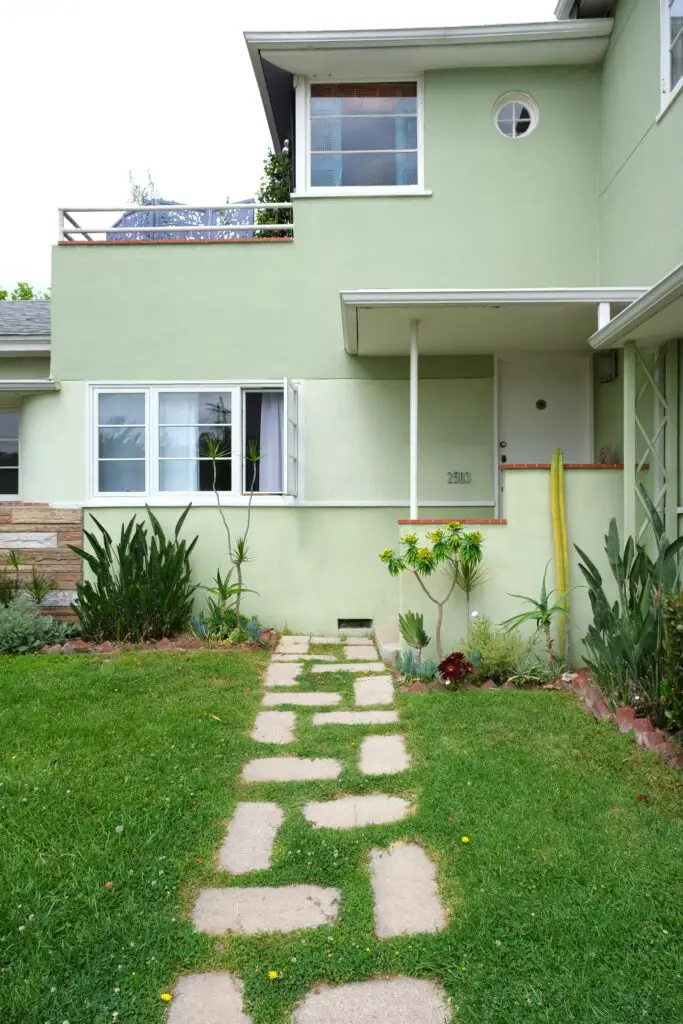
Weeds in driveways, gravel, or rocks can be a nuisance. They can be unsightly and difficult to remove. There are several ways to prevent weeds from growing in these areas.
- Install landscape fabric under the driveway, gravel, or rocks. The material will prevent the weeds from growing up through the surface.
- Another way to prevent weeds is by using a pre-emergent herbicide. This herbicide will kill any weed seeds that may germinate. It is essential to read the instructions carefully before using a pre-emergent herbicide, as some may be harmful to plants.
- A third way to prevent weeds is by regularly pulling them out of the ground. This may be the most time-consuming method, but it is also the most effective.
Alternative Bleach Mixtures for Weeds
There’s so much chlorine in bleach that the soil in your yard can be harmed by it. A powerful bleach solution may destroy beneficial soil organisms in your yard if you use it to remove weeds. Here are a few other homemade weed killers that don’t contain bleach:
1. Bleach + Dawn Dish Soap
Take a cup of water and Clorox and mix them together. Toss in 1 tbsp of dish soap and thoroughly combine. Fill a disposable garden sprayer with the solution and set it aside. Spot-treat any weeds or grass in your yard with the solution by spraying it directly on the plants and letting it sit for two to three days.
The dawn dish soap acts as a surfactant and aids in the adhesion of the vinegar solution to the weed leaves. Using this method, the bleach will be more effective at removing tenacious weeds.
2. Bleach + Vinegar Solution
Vinegar is an excellent weed killer, mainly when used undiluted. You can combine it with bleach to create a more potent homemade herbicide that is less expensive. You should not dilute the two, especially if you are dealing with a significant weed infestation.
In between pavers and driveways, spray household vinegar directly on the weeds to kill and prevent new weeds from growing. Following the application of the herbicide, a mild bleach spray should be used to ensure that the weeds are permanently dead.
What kills weeds better bleach or vinegar?
When it comes to getting rid of weeds, bleach is a better option than vinegar. If you don’t already know, this is a plant killer that doesn’t discriminate.
When using vinegar, you can save money by not purchasing more concentrated bleach than what you already have in your kitchen.
Conclusion
Bleach is a form of herbicide that is non-selective. In other words, it will kill anything that gets in its way, including weeds, grass, and even your desired plants. While it’s at it, bleach renders the soil incapable of supporting the growth of any plants or weeds until the pH level is restored to normal.
As a result, even while bleach may not be the most appropriate or environmentally friendly alternative, it effectively eliminates all forms of weeds. The use of bleach in locations where there is concrete or where you do not want to grow other plants is recommended since bleach is detrimental to other plants.
You should seek professional assistance if you are unsure how to utilize it to avoid accidentally harming other plants or damaging your driveway while doing so.

